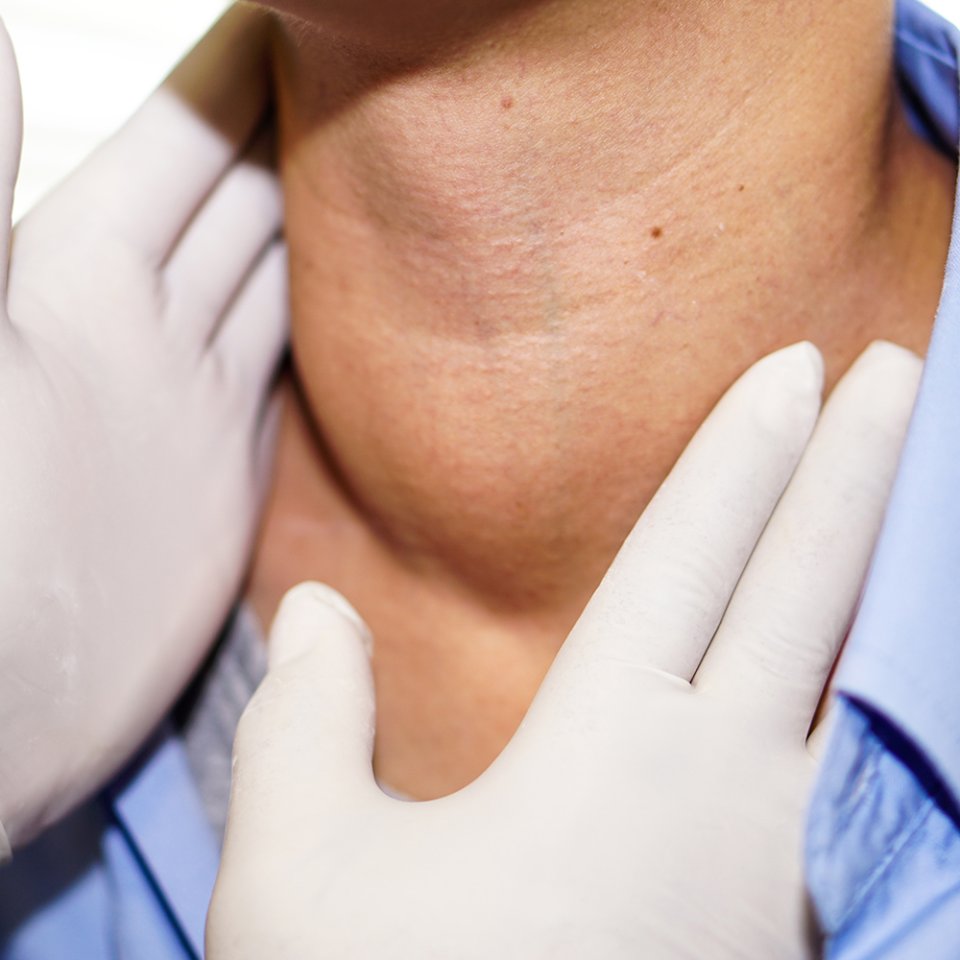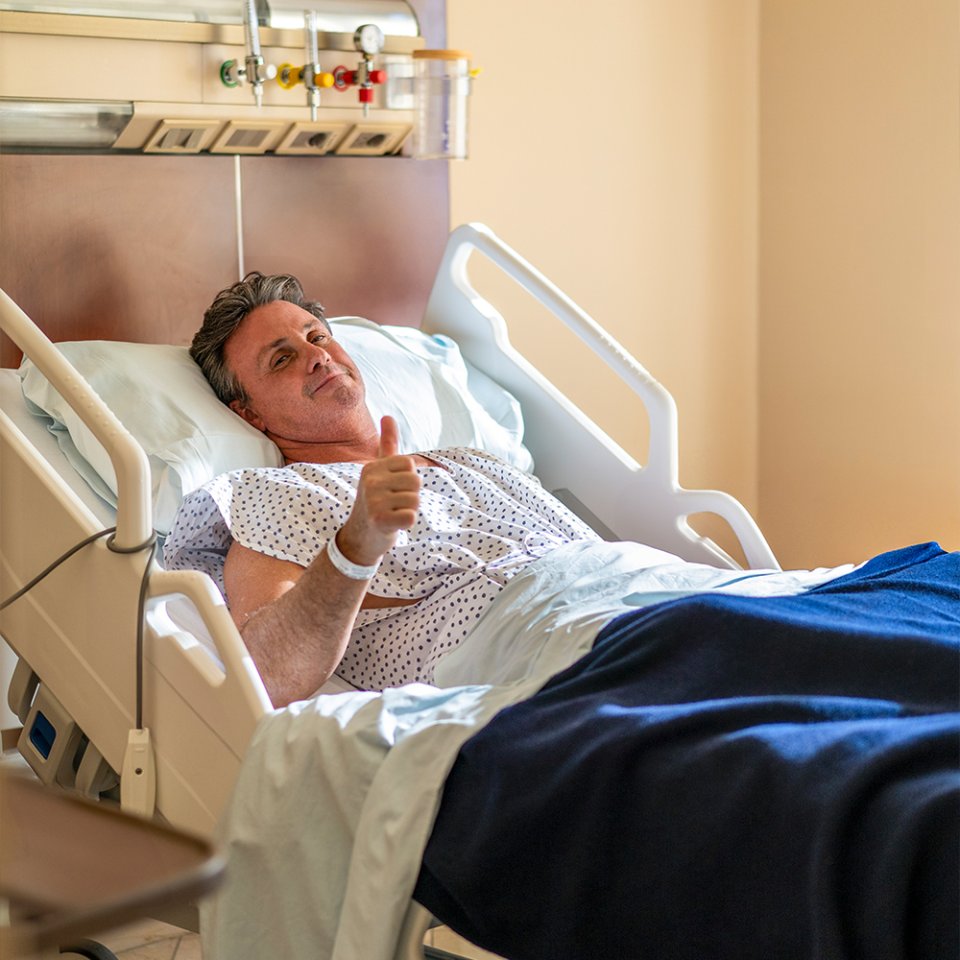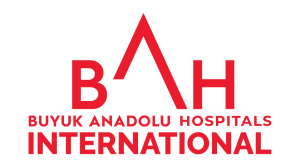What is Esophageal Surgery?
Esophageal surgery refers to surgical procedures performed on the esophagus (food pipe) to treat serious conditions such as esophageal cancer, severe gastroesophageal reflux disease (GERD), hiatal hernia, Barrett’s esophagus, or esophageal strictures. These operations can be performed using open, laparoscopic, or robotic techniques, depending on the diagnosis and severity.

Why is Esophageal Surgery Needed?
Esophageal surgery is usually recommended for patients with:
-
Esophageal Cancer (early or advanced stages)
-
Severe GERD not responding to medication
-
Barrett’s Esophagus with precancerous changes
-
Achalasia (narrowing or failure of esophageal muscles)
-
Hiatal Hernia causing reflux and swallowing difficulties
-
Esophageal strictures or blockages
These surgeries not only relieve symptoms like difficulty swallowing, chest pain, or chronic reflux, but can also be life-saving in cancer treatment.
Types of Esophageal Surgery
At Büyük Anadolu Hospital, we offer advanced procedures, including:
Esophagectomy
Esophagectomy is the surgical removal of part or all of the esophagus. It is commonly performed to treat esophageal cancer or severe, treatment-resistant damage. The removed section is replaced by reconstructing the digestive tract using the stomach or intestine. The procedure can be performed through open, laparoscopic, or robotic techniques.
Fundoplication (Nissen / Toupet)
Fundoplication is a surgical procedure performed to strengthen the valve mechanism between the stomach and the esophagus. It is commonly used to treat severe gastroesophageal reflux disease (GERD) that does not respond to medication. In a Nissen fundoplication, the upper part of the stomach (fundus) is wrapped completely around the lower esophagus, while in a Toupet fundoplication, the wrap is partial. Both methods prevent acid reflux and significantly improve quality of life.
Heller Myotomy
Heller myotomy is a surgical procedure in which the muscles at the lower end of the esophagus are cut to allow easier passage of food into the stomach. It is primarily used to treat achalasia, a condition where the esophageal muscles fail to relax properly, causing swallowing difficulties. The procedure can be performed laparoscopically or with robotic assistance for greater precision and faster recovery.
Hiatal Hernia Repair
Hiatal hernia repair is a surgical procedure used to treat a condition in which part of the stomach pushes up into the chest through an opening in the diaphragm. The surgery aims to reduce symptoms such as reflux, chest pain, difficulty swallowing, and heartburn. During the operation, the stomach is moved back into its normal position, and the diaphragm opening is tightened. The procedure is usually performed laparoscopically or with robotic assistance.
Minimally Invasive (Laparoscopic & Robotic) Esophageal Surgery
Minimally invasive esophageal surgery involves performing the operation through small incisions in the abdomen or chest. Using laparoscopic or robotic techniques, this approach offers less pain, smaller scars, lower infection risk, and faster recovery. Robotic systems provide the surgeon with enhanced precision and 3D visualization, which is particularly beneficial in complex esophageal procedures.
How is Esophageal Surgery Performed?
-
Anesthesia: General anesthesia.
-
Duration: 2–6 hours depending on the procedure.
-
Technique: Laparoscopic or robotic methods are preferred for faster recovery.
-
Hospital Stay: Typically 5–10 days.
-
Special Care: Some patients may require a temporary feeding tube for nutrition during recovery.


Recovery After Esophageal Surgery
-
Initial hospital recovery: 7–10 days
-
Full recovery: 6–8 weeks
-
Diet: Gradual reintroduction of food (from liquids to solids) under medical supervision.
-
Common temporary symptoms: Difficulty swallowing, acid reflux, fatigue.
-
Long-term support: Ongoing dietitian guidance ensures safe and balanced nutrition.
Possible Risks & Our Preventive Measures
| Possible Risks | Our Preventive Measures |
|---|---|
| Difficulty swallowing (dysphagia) | Post-op diet plans & swallowing therapy |
| Infection or leakage at surgical site | Preventive antibiotics & close monitoring |
| Acid reflux after surgery | Advanced surgical techniques & medication support |
| Nutritional deficiencies | Nutritional counseling & vitamin support |
| Breathing issues (rare) | Intensive care monitoring & respiratory therapy |
Esophageal Surgery FAQ (Frequently Asked Questions)
Yes, but you will start with liquids and gradually move to soft and solid foods under medical guidance.
Most patients stay around 2–3 weeks, including pre-op tests, surgery, and recovery.
Whenever feasible, laparoscopic or robotic methods are preferred. Complex cases may still require open surgery.
In early stages, surgery can be curative. For advanced stages, it is usually combined with chemotherapy or radiotherapy.
